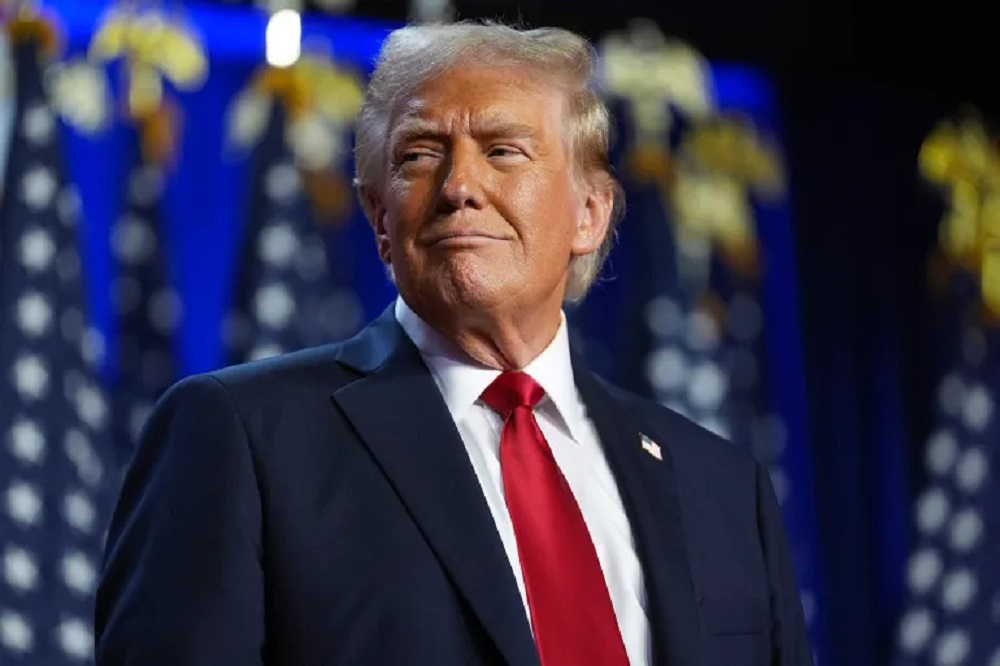The Trump administration’s decision to impose a $100,000 fee on new H-1B visa applications has triggered alarm across business and technology sectors, with growing fears that the move could undermine the United States’ ability to attract top global talent and weaken what many call “America’s innovation engine.”
Investor Kevin O’Leary and economist Stephen Moore expressed concern during an interview with Fox Business, warning that the new fees might drive engineers and entrepreneurs to seek opportunities in other countries. This, they argued, could threaten the future of leading U.S. tech companies—many of which were founded by immigrants or have relied heavily on the H-1B program.
“We need more H-1B visas, not fewer. The more we bring in, the more jobs we create here,” Moore said. O’Leary added: “This policy hurts long-term innovation. We should be encouraging talent to stay, not burdening them with excessive fees.”
White House Defends New H-1B Visa Fees Amid Industry Backlash
The White House clarified that the new fees will apply only to fresh applications beginning with the next lottery cycle and will not affect current visa holders or renewals. At the same time, the administration announced the launch of a “Golden Card” program, offering expedited U.S. residency for foreign investors. The program requires a $1 million personal investment or $2 million through companies that hire employees.
Still, major corporations including Microsoft, Amazon, and JPMorgan advised their H-1B employees to remain in the U.S. due to uncertainty over travel and re-entry rules. Tech leaders in Silicon Valley voiced particular concern that the policy could hinder hiring in high-demand fields such as artificial intelligence and advanced engineering, where talent shortages are already critical. India and China account for more than 80% of H-1B holders, making them especially affected by the change.
Defending the decision, the White House argued that the fee protects American workers from “unfair competition,” insisting that companies genuinely in need of highly skilled employees would have no issue covering the costs.
This sharp divide highlights a broader debate between promoting economic nationalism and maintaining U.S. leadership in innovation through global talent.

